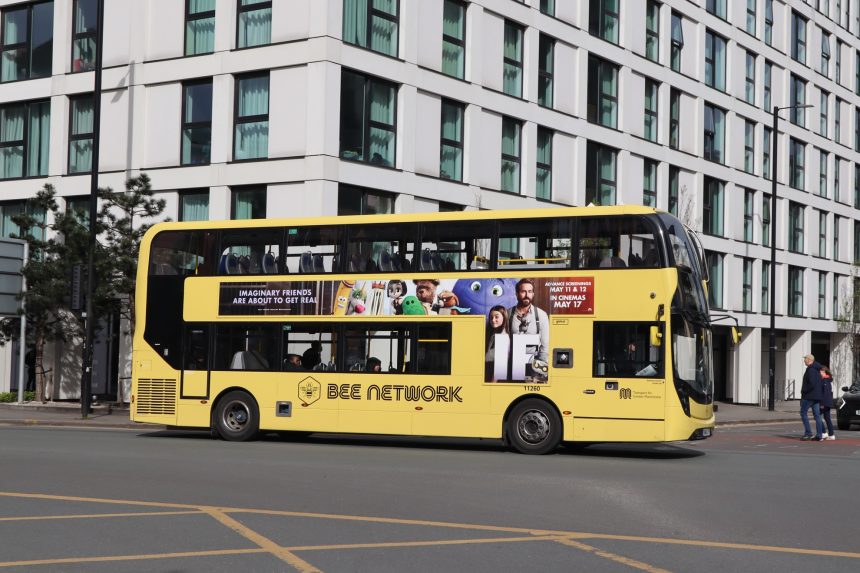While several mayoral combined authorities are pursuing bus franchising, a leading transport economist has questioned whether there will be sufficient budget for such projects.
David Leeder, Managing Partner at Transport Investment Limited, points to the cost of implementing and running the Bee Network in Greater Manchester and doubts that can be replicated.
“Our work suggests that Greater Manchester is costing £100 million-plus per annum more for the same network,” he says.
“In other words, the subsidy has gone from about £100 million to about £200 million per annum after around £200 million of set-up costs.
“This has mainly been grants from the Department for Transport (DfT). If they expand the network, the cost rises to nearer £300 million per annum.”
He says: “I am unaware of any local transport authorities that would be prepared to argue for large local tax increases to pay for any of this.
“This is probably a sensible position, given the weakness of most UK cities’ economic health. This amounts to ‘we would like DfT to pay for all of our plans, please’. Which by implication means more taxes on London and the South East.”
He repeats his frequent argument for more funding instead for bus priority.
“Regulation is probably a plus or minus 1-2% topic,” he says.
“We can see from London that a ‘regulated’ network with a low bus passenger speed equals falling demand. In other words, bus priority is a far bigger issue by many orders of magnitude.”



























